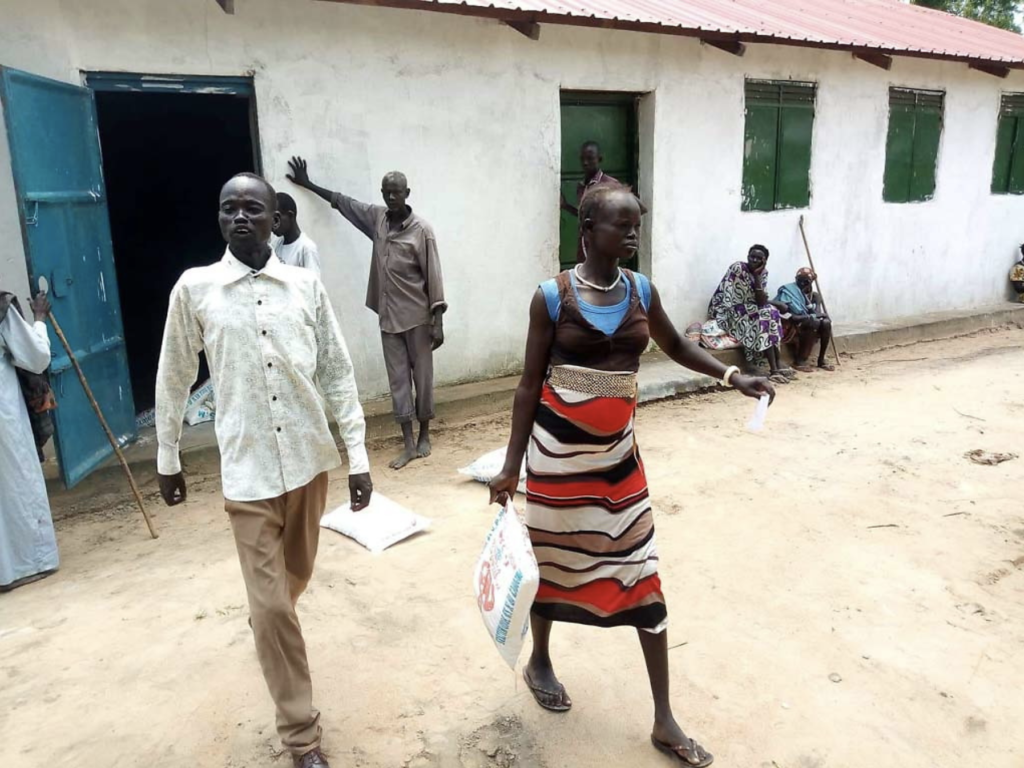Almost four million people have fled South Sudan, and another two million are internally displaced as a result of the recent civil unrest. This sudden rise in displacement has made South Sudan the location of one of the world’s most devastating humanitarian crises and the world’s third-largest refugee crisis behind Syria and Afghanistan.
Six out of ten of these refugees are children.
The ongoing conflict has pushed millions of families to the brink of starvation for years now, but with the escalation of violence in 2020, starvation is now being used as a combat tactic to punish uncooperative communities. In addition to the other physical threats of assault, sexual violence, arson and looting, intentional food insecurity has been added to the list of imminent dangers that the South Sudanese face every day.
Even for farmers who were still able to retain their crops throughout the conflict, the economic plummet, destruction of outdoor markets and disrupted crop cycles made it nearly impossible to grow enough food for their families, much less make a living.
With the severe undernourishment these families are facing, many are becoming particularly vulnerable to diseases—especially COVID-19. The lack of energy resulting from low nourishment has also impacted their ability to do work and keep their families safe. Children have been especially affected, as they fail to grow and develop properly because of the lack of nutrition. Last year alone, it was estimated that nearly a million children under the age of five suffered life-threatening cases of malnutrition.
Then, though it didn’t seem possible, the situation worsened this fall.
The United Nations announced that monthly food rations for refugee families would be reduced due to low funding. At this news, many families began to panic.
One widow, Yeno, was convinced her children were going to starve before her eyes. She wondered daily where they would find food and, one night, she prayed that God would help her. The following morning, a local pastor connected her with a Global Hunger Relief partner—that day she had only one day’s rations left for her children.
Global Hunger Relief provided her family with maize, beans, salt, oil and soap to keep her family full and healthy in the coming weeks. This answer to prayer convinced Yeno that God is real and that He listens to His people.
Eventually, more than 55 refugees just like Yeno came to know Christ after GHR distributed food to hundreds of the most vulnerable families. A Global Hunger Relief partner was also able to provide the funding to purchase land for five churches to grow gardens that will provide sustainable sources of food for families fleeing conflict in the future.
Pray for spiritual awakening to happen in South Sudan and for these displaced families to receive the love of Christ being shared with them. Thank you for supporting widows in need like Yeno!
Published January 28, 2021
